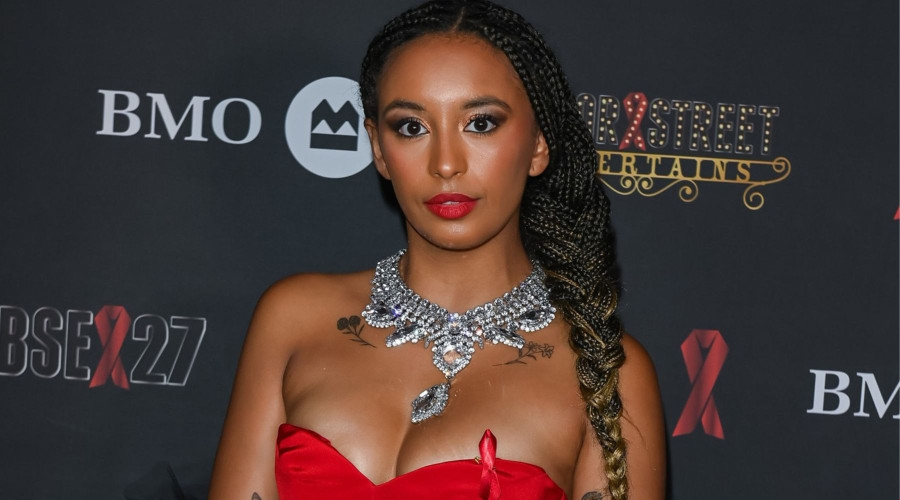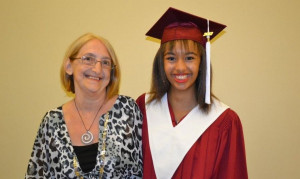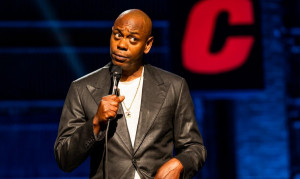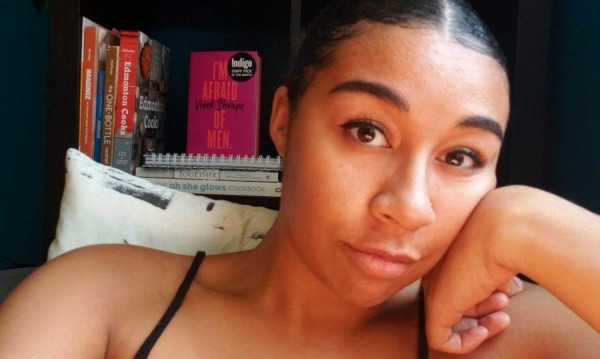In one, I discussed being asked, "how do I like Canada?" When I informed this person of the fact I am Canadian and have been so my whole life, they replied, they “didn’t know I was."
In the second post, I jokingly refer to Black people as a “species”, which I know makes it sound as if they are animals. What’s interesting is that I am visibly defending my Blackness and joking about it daily.
As I’ve written about before, I've never known how to feel about my Blackness. I was mixed race, didn’t completely fit in, and wanted everyone to like me. I wanted people to understand that even I felt weird about being Black and would slip up by calling Black people a species because “LOL, we are different but we aren’t."
But yet I also wanted people to know that asking me where I was from was a form of unconscious bias that was hurtful. I sent mixed signals because I was also confused about my own feelings toward my race.
I think the unfortunate truth around these posts is that I was regurgitating a lot of the same rhetoric I heard from others about my, and other peoples’ Blackness. Joking about whether or not Black people were a “species”, recalling the time my mother jokingly referred to me as “the help” (the movie was released the year she became wheelchair-bound so please don’t cancel my mom), and calling myself a “white bisexual” are all examples of an identity crisis fuelled by an unease with my Blackness.
I wanted to be liked more than I wanted to be Black, so I chose to poke fun at the aspect of me I did not like. I simultaneously knew when things spoken to me were inherently racist and came from a place of ill will. Although I had enough wherewithal to stand up for myself, in the grand scheme of things my weak attempts to protect my self-esteem were lost by the ease at which I was complicit in tearing myself down. I understand now that this was performative for the sake of others.
A lot of elements in this identity crisis come from a lack of Black histories being taught in New Brunswick, a lack of representation in my environment, and the dearth of positive Black representation in media that I consumed in the 90s and early 2000s; all of which added to my discomfort with living in my own skin.
How can anyone grow a backbone, or have self-esteem when their white parent doesn't know where to start because they can't understand what their child is experiencing, and the community around their child has contributed to their feeling ostracized?
It's also important to look back and wonder why we feel this way. I have examined my internalized racism against myself, my father, and the small number of Black people in my community. I realize that I've never actually hated Black people nor did I hate myself.
I was uncomfortable around Black people I felt I didn't know, and couldn't understand because I had no relationship with my father, who was Black. I felt I couldn't empathize with Black people (especially men) and I certainly could not understand that side of myself.
I used public-facing humour as a way to say, "Hey, I am uncomfortable with this aspect of myself but I want everyone to like me, so I will admit I am uncomfortable to everyone so I can be more likeable, palatable, or interesting.
Blackness, otherness, and self-discovery are all a part of growing up and finding your identity. Looking back at these posts, now I can see I was trying to figure out how to balance my self-worth and my feelings about myself. A lot of these truths can be unlearned in the way Black people are spoken about within communities.
If schools taught Blackness in a way that was not through the white, traumatic lens of slavery, I think a lot of the language around Black people would change and the way we speak about ourselves in return would evolve. It’s hard to think kindly of yourself when a large majority of the world is disproportionately advantaged against you.
My mom raised me to love myself, and I did love all of my quirks and personality traits, but loving the colour of my skin did not come easily to me. It’s funny to read these Facebook posts where I am clearly confused by my own identity. Especially now that I am much more sure of myself and of my Blackness – a sense of pride I wish for all Black people to have.

 By
By 






